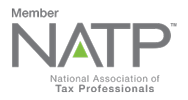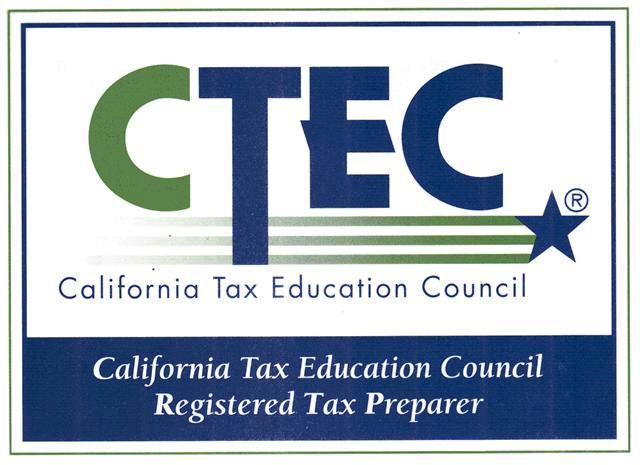
A new provision in the tax code lets more taxpayers deduct up to $600 in donations to qualified charities—even if they don’t itemize.
Itemizing is ordinarily the key that unlocks the charitable donation deduction; taxpayers choosing the standard deduction usually just don’t have that option.
A new, albeit temporary, change in the tax law now lets taxpayers claim a limited deduction on their 2021 federal income taxes for cash contributions to qualified charitable organizations.
First enacted in 2020, the special deduction was extended in December 2020 to run through the end of 2021.
Individual taxpayers can claim up to $300 for such donations; married taxpayers filing jointly can claim double that amount.
The provision covers donations made by check, credit card or debit card and also includes amounts an individual may have in unreimbursed out-of-pocket expenses incurred through volunteering with a qualified charitable organization. Qualifying donations, however, don’t include the value of securities, household items or other property, or volunteer services.
This new deduction is not open to contributions to just any organization; only recognized charitable organizations qualify. Use the IRS Exempt Organization Search Tool to check the status of a charity.
Generally, cash contributions to most charities will qualify—but not always. Donating either to what’s called “supporting organizations” or to establish or maintain a donor-advised fund aren’t covered by the temporary deduction.
A donor-advised fund is generally a fund or an account that’s maintained by a charity that allows donors to tell the fund how to invest or distribute amounts contributed by the donor.
Supporting organizations are charities that support other tax-exempt organizations, which are usually other public charities.
There are other limitations in the deduction: qualified contributions can’t be carried forward from previous years and donations to most private foundations and charitable remainder trusts aren’t qualified.
Taxpayers claiming this deduction need to keep in mind that special record-keeping rules apply. This includes getting a letter from the charity acknowledging the donation before filing a return and keeping a cancelled check or credit card receipt to prove donations of cash.
Details on the rules of proving charitable gives are available in Publication 526, Charitable Contributions, on the IRS website.
Source: IR-2021-214




